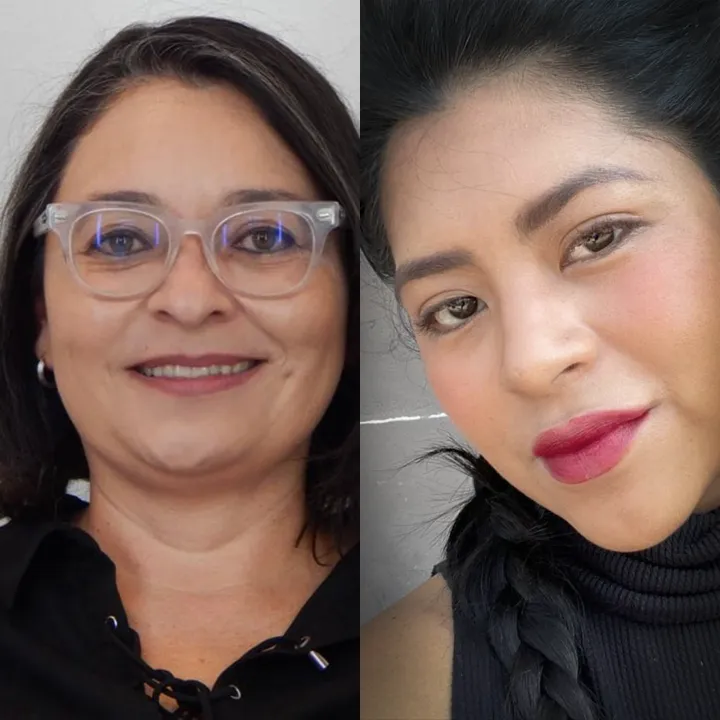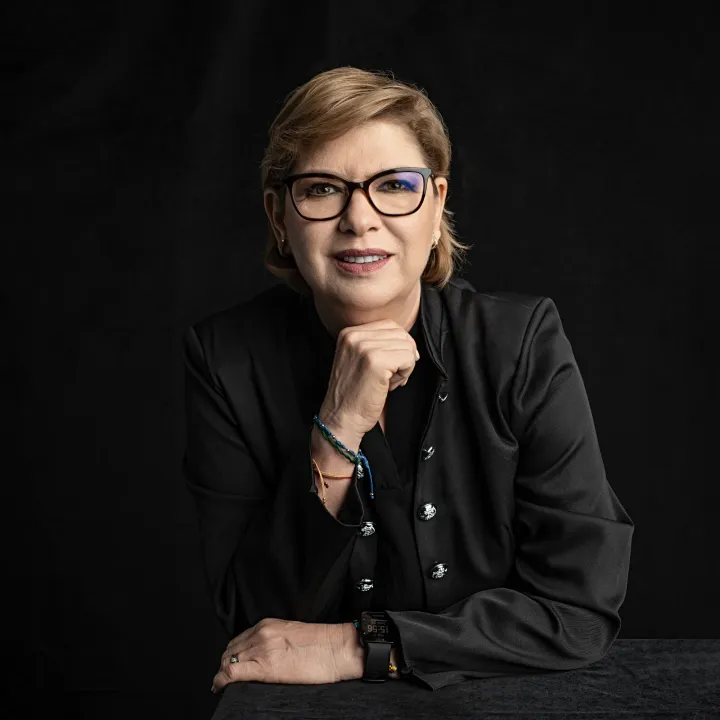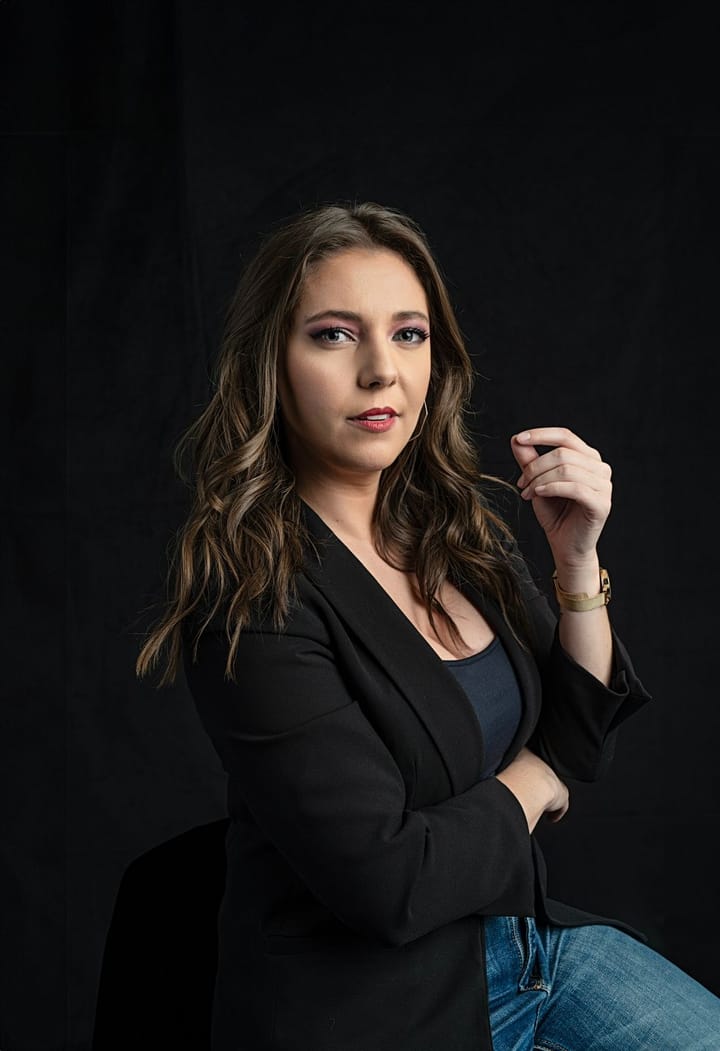Por Mónica Orozco y Carolina Torres
Hoy 29 de octubre es un día de conmemoración para recordar que los cuidados son actividades, procesos y vínculos que generan y sostienen diariamente el bienestar físico y emocional de las personas, de la vida no humana y del entorno. Somos seres interdependientes, que siempre estamos cuidando de alguien, de nosotros mismos o siendo cuidados por alguien más.
El cuidado de otros puede llevarse a cabo de forma remunerada o no remunerada, pero la realidad es que se hace en forma no remunerada, dentro de los hogares y está a cargo de niñas y mujeres. En la investigación que realizamos desde el Centro de Estudios Espinosa Yglesias (CEEY) partimos de que el reconocimiento del derecho al cuidado (cuidar, cuidarse y ser cuidado) es indispensable para el bienestar y la movilidad social.
En México y a nivel mundial las mujeres aportamos 76.2% del total de horas dedicadas al trabajo no remunerado. Esta organización social del cuidado tiene repercusiones negativas y elevados costos sociales y económicos que generalmente están invisibilizados en las estrategias de desarrollo, planes y programas de gobierno. Esto es así porque se piensa que las estrategias institucionales para redistribuir el cuidado y garantizar el derecho de todas las personas es muy caro para ser asumido por el presupuesto público. Sin considerar que carecer de un Sistema de Cuidados con la corresponsabilidad del Estado, el mercado, las comunidades, los hogares, mujeres y hombres tiene costos incluso más elevados que se reflejan en gastos remediales a la atención y cuidado de enfermedades irreversibles, a la violencia y sus consecuencias, así como en pérdida en el desarrollo de las capacidades de las personas, en el desaprovechamiento del talento de cientos de miles de mujeres que están impedidas de insertarse en el mercado laboral, de participar económica, social y políticamente. La organización social del cuidado en México fomenta y reproduce las desigualdades y su transmisión a las nuevas generaciones, creandoles condiciones de desventaja de origen.
Uno de los hallazgos más importantes de la investigación que desarrollamos en el CEEY indica que para las mujeres que nacieron en el estrato socioeconómico más pobre la probabilidad de salir de la pobreza cuando disponen de servicios para el cuidado y cobertura de la protección social en sus hogares de origen se incrementa al doble. Es decir, la ausencia de servicios y mecanismos de protección condiciona sus logros de vida y la movilidad social.
Un amplio grupo de mujeres cuidadoras madres de hijos con discapacidades múltiples, padres que desempeñan este rol y sus hijos experimentan con más fuerza y de manera crítica los efectos de cuidar sin la corresponsabilidad de los demás actores de la sociedad. Con efectos sobre su economía y su bienestar físico y emocional. Elizabeth Blackburn, premio nobel de medicina recibió este galardón por sus investigaciones sobre las afectaciones a nivel fisiológico entre madres cuidadoras, demostrando científicamente las alteraciones en la secuencia del ADN de estas mujeres, con decrementos impresionantes en su capacidad de regeneración celular e incrementos en la morbilidad y riesgo de muerte temprana. Similares tipos de trauma han sido documentados en niñas y adolescentes que por falta de cuidado digno han sido víctimas de abusos sexuales en el seno de sus propias familias, cuyas condiciones de vida difícilmente llegan a recuperarse como parte de los procesos de reparación a víctimas de que disponemos, exacerbando la desigualdad y reduciendo el bienestar que niñas y mujeres debieran tener garantizado.
Debemos preguntarnos por qué hemos soslayado las estrategias sociales de cuidado preventivo de las infancias, de las cuidadoras y de la población en general. Por qué carecemos de una estrategia preventiva de cuidado para una vida saludable, cuando hemos alcanzado niveles insostenibles de enfermedades degenerativas que pueden ser prevenibles, como la obesidad, la diabetes, la hipertensión y todas las complicaciones de ellas se derivan. Por qué preferimos que ciertos grupos de la población paguen estos costos en vez de compartir el cuidado corresponsablemente, a través de un contrato social renovado.
El Estado tiene y seguirá teniendo a su cargo la rectoría de la organización del cuidado y la responsabilidad de que sus instituciones asuman la parte que les corresponde, promuevan y vigilen que los actores del mercado y de la comunidad sean corresponsables con el cuidado. Necesitamos un diálogo público entre todos los actores, incluida la sociedad civil. Desde el CEEY ponemos a disposición la investigación que realizamos y el diálogo constructivo que contribuya a las estrategias de cuidado a cargo de gobiernos, congresos y poder judicial.
Mónica E. Orozco es maestra en estadística por la Universidad de Chicago. Es socia fundadora y directora de la organización GENDERS e investigadora asociada externa del Centro de Estudios Espinosa Yglesias. Especialista en género y políticas públicas
Carolina Torres Gómez. Estudiante de Economía en el ITESM y Psicología en la UNAM. Actualmente realiza una estancia de investigación en el Centro de Estudios Espinosa Yglesias.

Las opiniones expresadas son responsabilidad de sus autoras y son absolutamente independientes a la postura y línea editorial de Opinión 51.






Comments ()